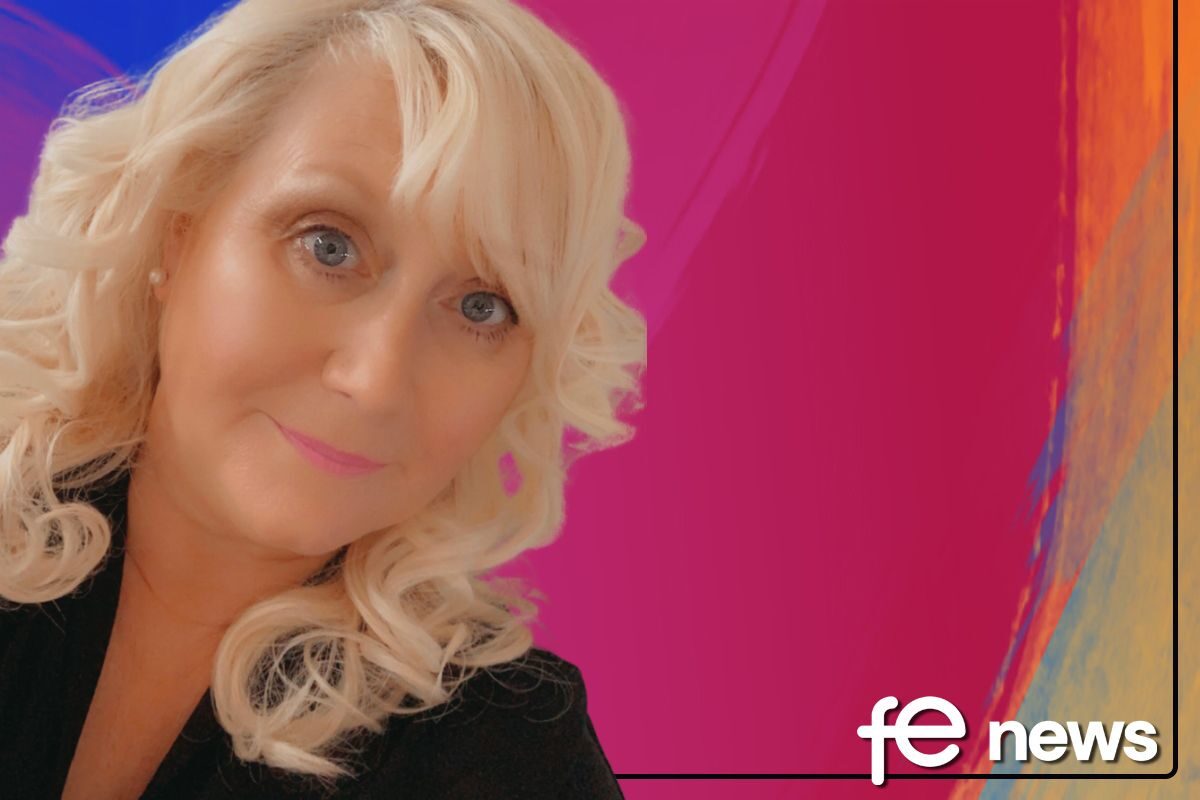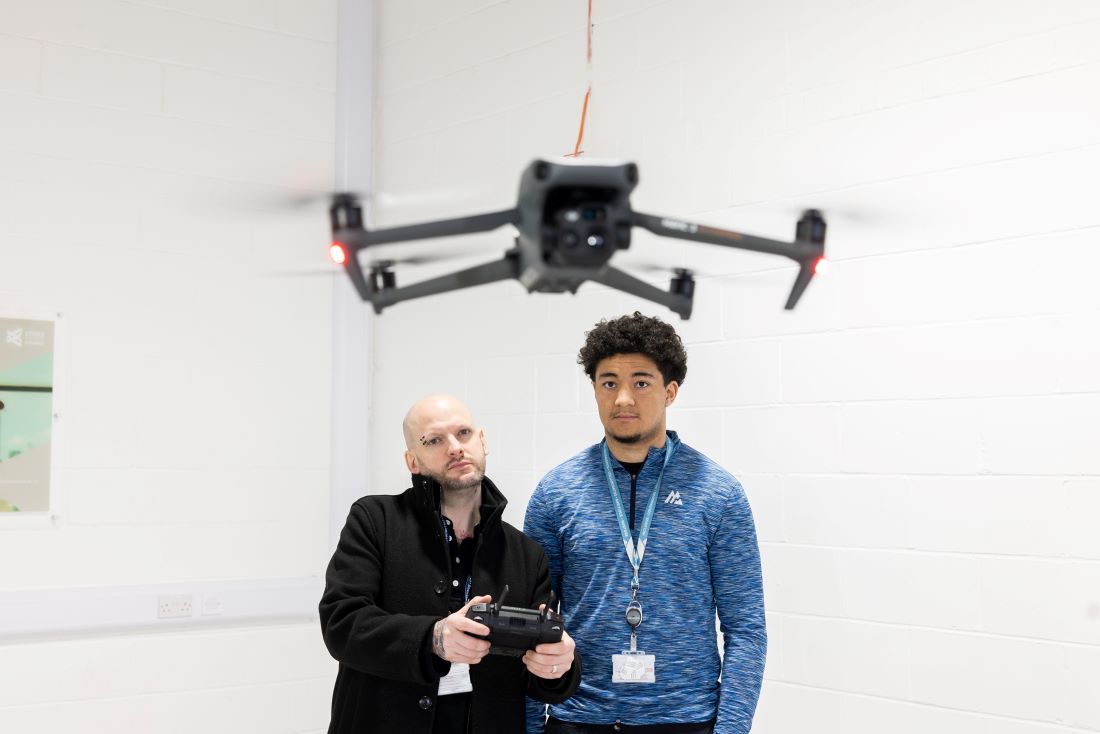New Year Reflection and Your Four Rooms

The start of every new year and the return to a new academic year, both professionally and personally, we may have paused, reflected, and even created a list of resolutions or set new goals despite research suggesting that within a few weeks we have given up on our resolutions and interestingly by the end of the year, very few of us have achieved the resolutions and goals we set out to achieve.
Gathering out thoughts…
Gathering our thoughts and reflections as we move into the new academic year provides us with the opportunity to consciously begin to act upon our feelings, emotions, and thoughts. It is a also a good time to reflect upon the words of the poet Yeats who purports that, “Life is not a problem to be solved, but a mystery to be lived.” So, instead of setting resolutions take time to reflect and be present in the mystery of your life and appreciate your perfectly imperfect self.
Rumner Godden’s words have inspired much of my pastoral and reflective approaches in the world of education. Godden suggests that ‘everyone is a house with four rooms, a physical, a mental, an emotional and a spiritual.’ It is these four rooms, that I suggest you take time to reflect upon as you start your 2023 professional and personal journey. It is also an approach that may wish to apply to your work with your learners, staff, and the wider community with whom you may work.
So, what’s inside each of your four rooms and how can you ensure you visit each of the rooms, if only as Godden suggests to air them daily? Moreover, how can you apply this approach to your pastoral provision with learners? How could this be applied to supporting your colleague’s wellbeing? All questions you may wish to reflect upon after reading my short article.
So, as you travel through 2023, consider each of your four rooms:
In your Physical Room you may wish to begin to walk more, take in the power of green, walk and be reflective, enjoy the ease of the outdoors and all the benefits it brings to your wellbeing. Consider applying more mindfulness approaches within your day.
In your Emotional Room plan more to not do lists than to do lists. Reflect upon how selfcare is not selfish. Pause, contemplate, and reflect upon what selfcare works for you and take time out of your week for yourself. You could even create a selfcare box for those moments when you visit your emotional room which could contain your gratitude journal where you scribe two things you are grateful for from your day, week, or month.
In your Spiritual Room you spent time in the here and now, it is not a room for doing but a room for being, being you. It is a room that should bring you peace and where you may wish to meditate or simply switch off and be what I like to phrase, ‘brilliantly bored’.
In your final room, the Mental Room, you can spend time in solo reflection. It is where I spend my most time, where I journal, where I am creative, where I write, and where I reconnect with my love of words and my perfectly imperfect self.
Journaling is routine for me and one which leads to self- reflection, mindfulness, and the release of emotions. It is a skill and a tool which I advocate for use with all my learners whether it is a reflective module I am teaching or a pastoral session. Journaling seamlessly embodies reflective theory, the use of our self-lens and supports us in our appreciation and application of others lens.
Journals are a safe place to release emotions, capture imperfections and begin to write reflectively. However, I have come to appreciate that I spend my most time in my Mental Room and it is worth noting that many of us are often only present in one room most of the time and so we need to reflect upon how we can leave this one room and ensure we pay a visit to our other rooms, even if this is only for a short period of time.
Look out for my next article on the Benefits of Reflective Journaling.
By Annie Pendrey, a freelance trainer and offers workshops and keynotes on reflection, creative reflective approaches, well-being, and journaling.











Responses